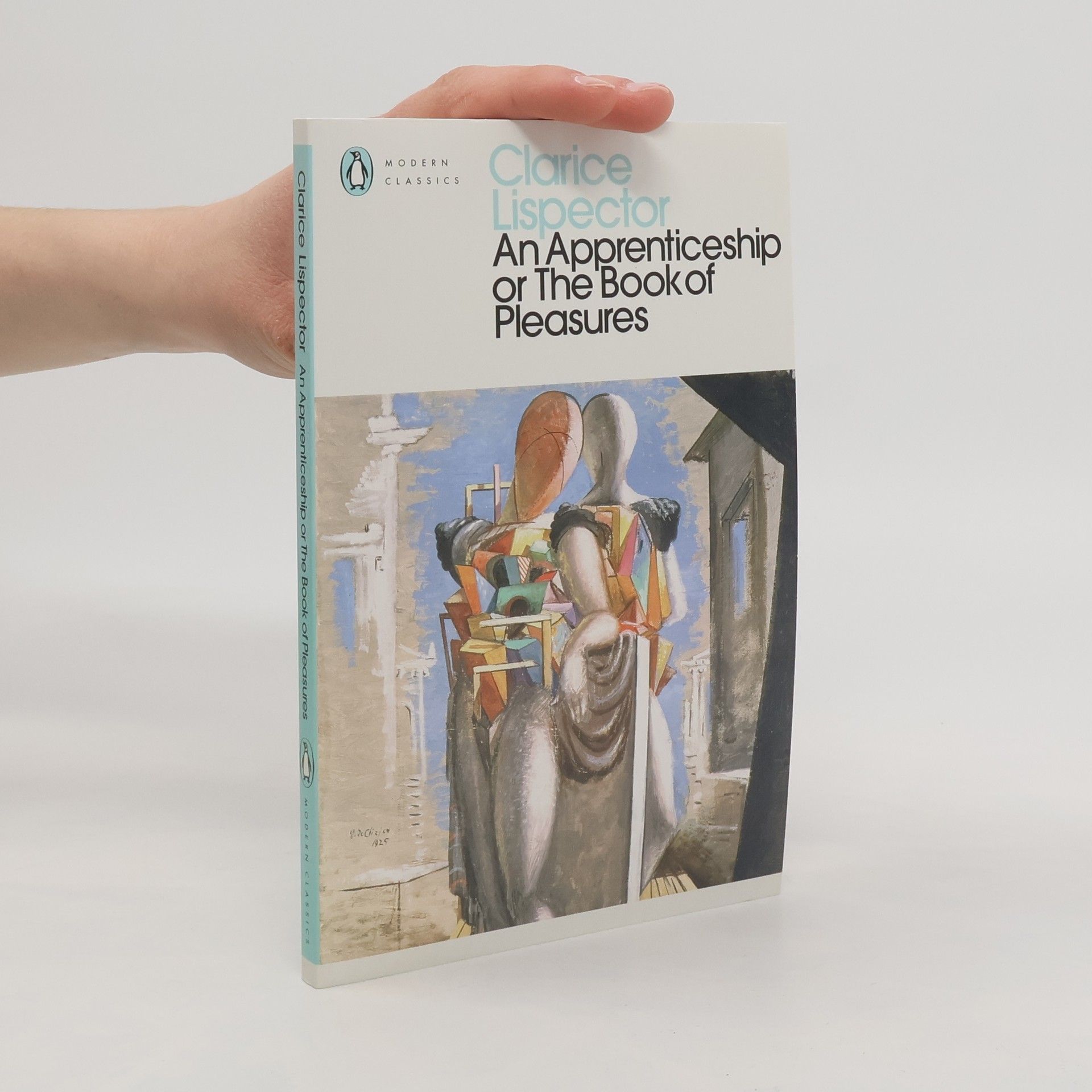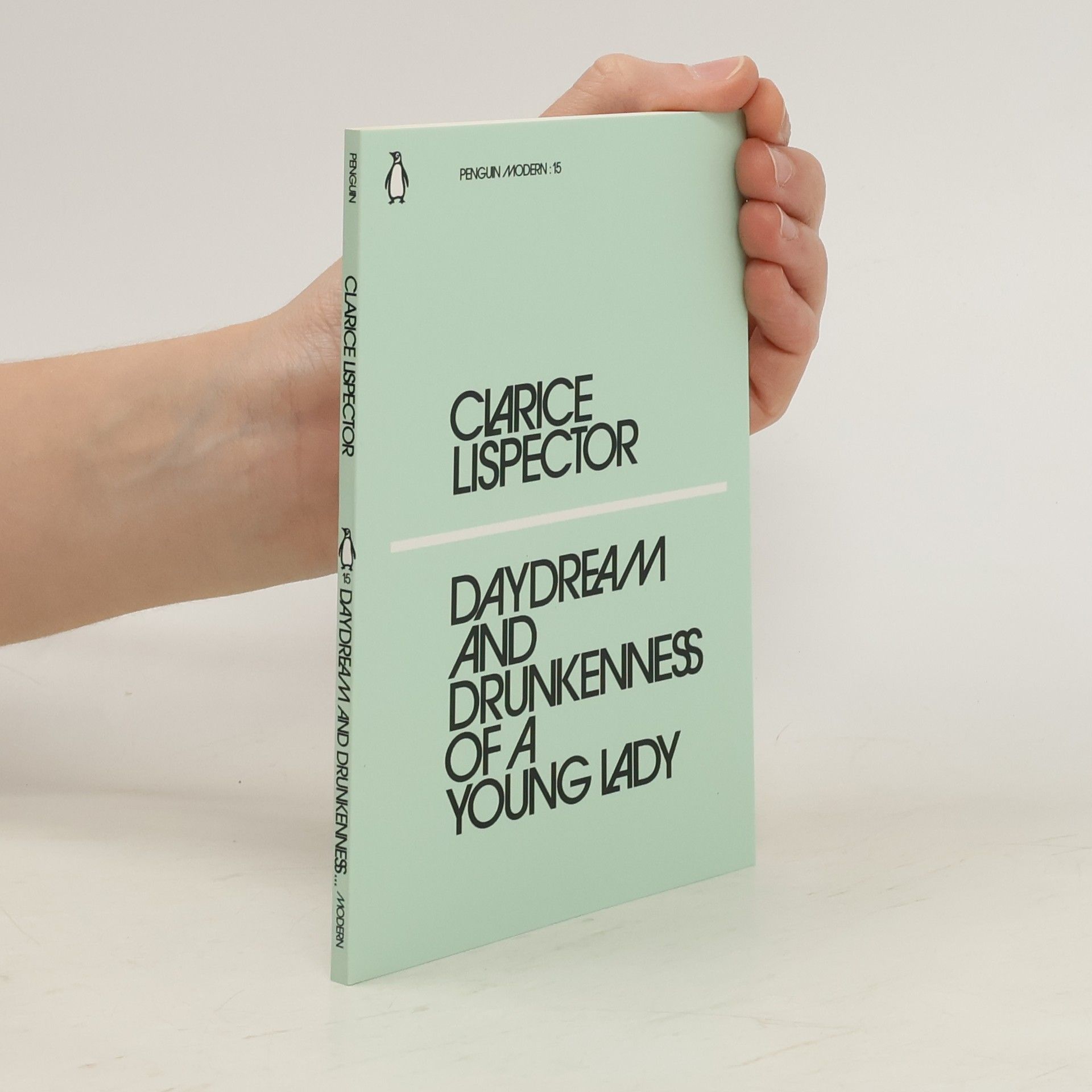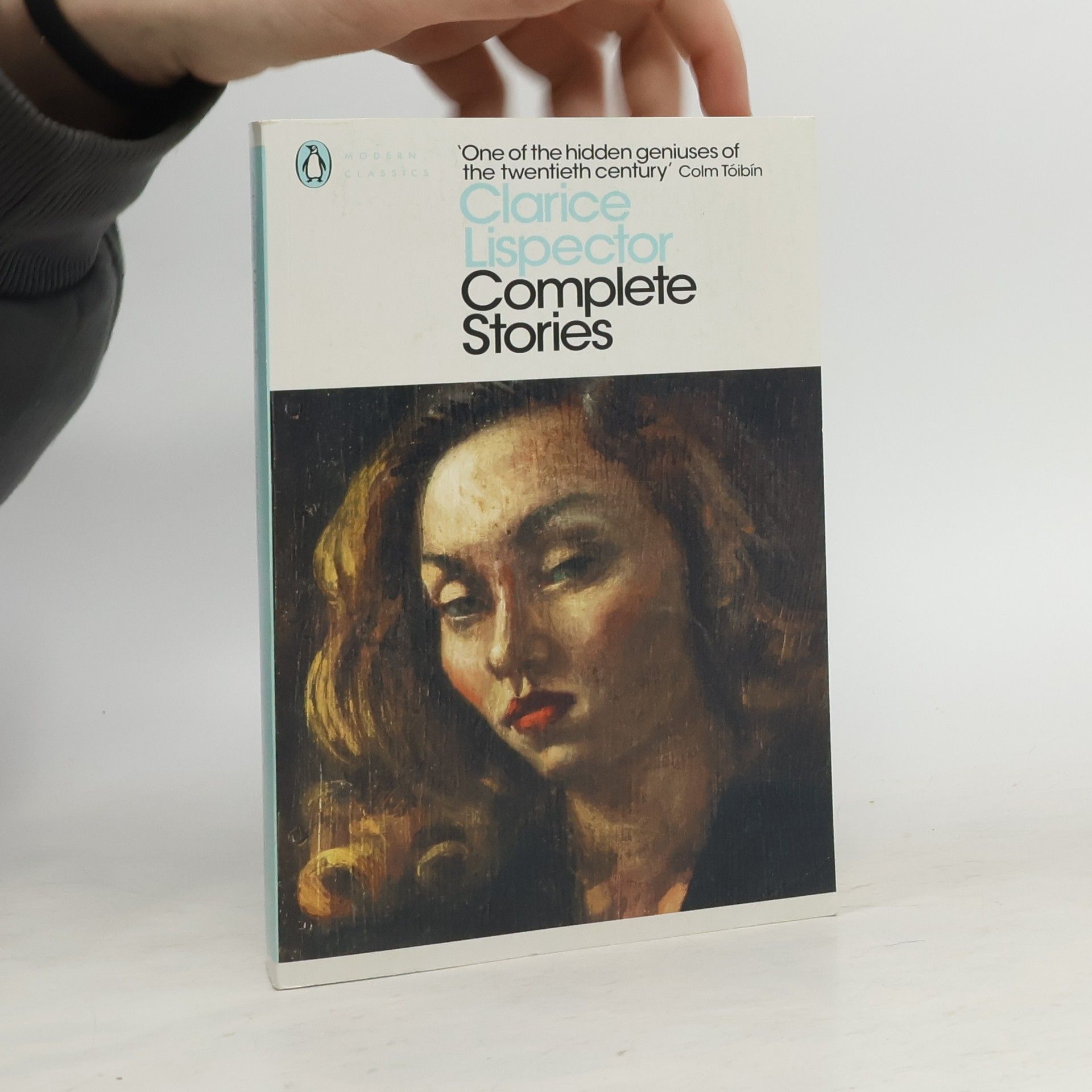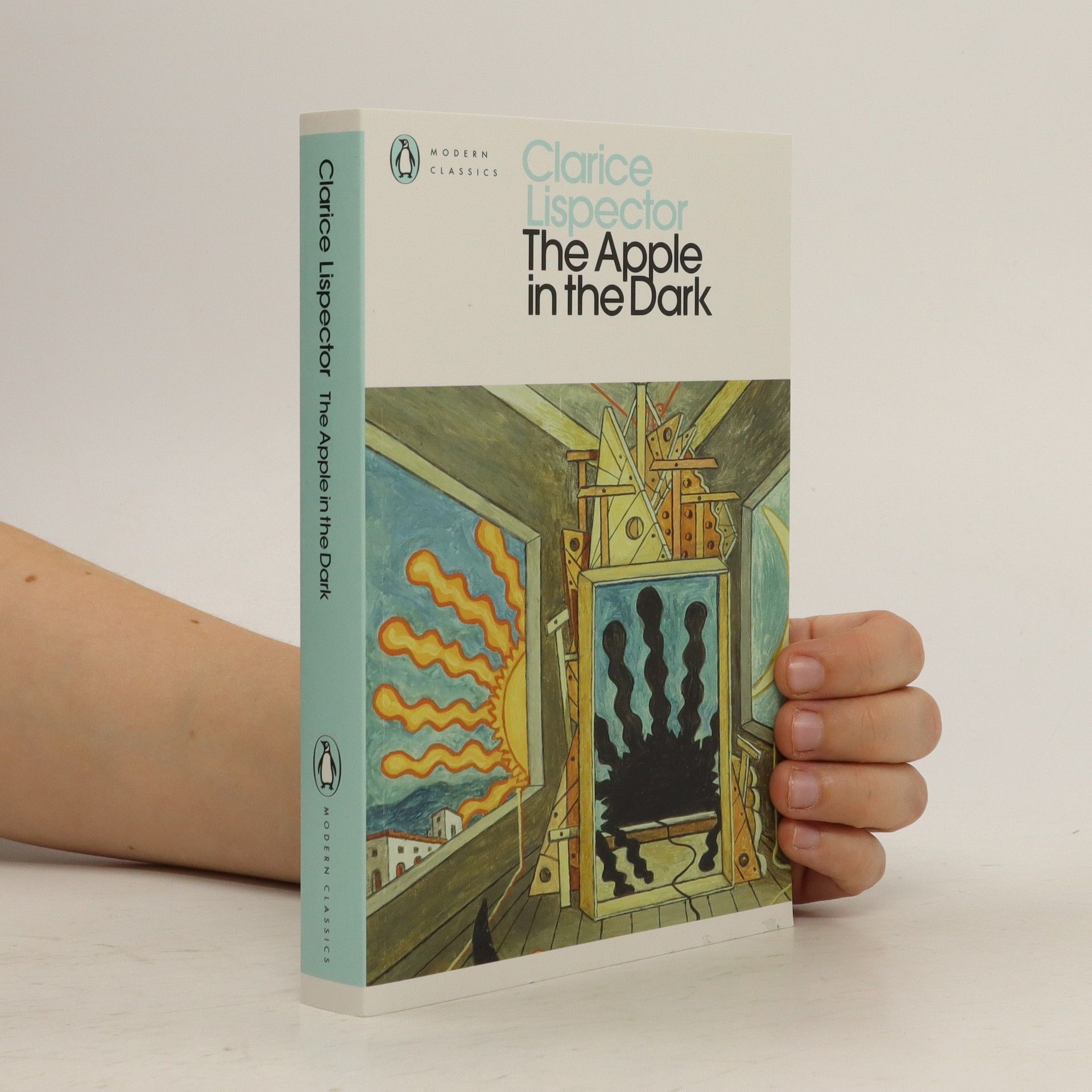If the magnificent work of Clarice Lispector comprises a literary feast (and it does), then the crônicas-short, spontaneous, intensely vivid newspaper pieces-are her delicious canapés
Clarice Lispector Libros
Clarice Lispector fue una autora brasileña aclamada internacionalmente por sus innovadoras novelas y cuentos. Su obra es célebre por su profunda perspicacia psicológica y su uso experimental del lenguaje, adentrándose en el núcleo de la existencia humana. Lispector exploró temas como la identidad, la espiritualidad y lo cotidiano, empleando a menudo el monólogo interior y un estilo introspectivo. Su enfoque narrativo único y las preguntas filosóficas que planteó la han consolidado como una de las voces más significativas e influyentes de la literatura latinoamericana del siglo XX.







Complete Stories
- 704 páginas
- 25 horas de lectura
Here, gathered in one volume, are the stories that made Clarice a Brazilian legend. Originally a cloth edition of eighty-six stories, now we have eighty- nine in all, covering her whole amazing career, from her teenage years to her deathbed. In these pages, we meet teenagers becoming aware of their sexual and artistic powers, humdrum housewives whose lives are shattered by unexpected epiphanies, old people who don't know what to do with themselves-- and in their stories, Clarice takes us through their lives--and hers--and ours.
Breath of Life
- 192 páginas
- 7 horas de lectura
Written in agony, this book features elegiac meditation on the creation of life, and of art.
Agua Viva
- 112 páginas
- 4 horas de lectura
Despite its apparent spontaneity, this is a work of art, which rearranges language and plays in the gaps between reality and fiction.
Daydream and Drunkenness of a Young Lady
- 64 páginas
- 3 horas de lectura
Noveller. Three tales of three women - their secret desires, fears and madness
A lonely woman in Rio de Janeiro makes a connection that will change her life. Ulisses, a mysterious man, has penetrated her soul and turned her inside out. This is a devastating novel of the interior, of a woman yearning to love, of the ultimate unknowability of the other in a relationship, of the cosmic changes that enrich us and destroy us at the dawn of love.
The Passion According to G.H.
- 188 páginas
- 7 horas de lectura
A disoriented and confused young woman looks back on her life and her place in the world."
The Hour of the Star: 100th Anniversary Edition
- 128 páginas
- 5 horas de lectura
The Hour of the Star, Clarice Lispector's consummate final novel, may well be her masterpiece. Narrated by the cosmopolitan Rodrigo S.M., this brief, strange, and haunting tale is the story of Macabéa, one of life's unfortunates. Living in the slums of Rio and eking out a poor living as a typist, Macabéa loves movies, Coca-Cola, and her rat of a boyfriend; she would like to be like Marilyn Monroe, but she is ugly, underfed, sickly, and unloved. Rodrigo recoils from her wretchedness, and yet he cannot avoid the realization that for all her outward misery, Macabéa is inwardly free. She doesn't seem to know how unhappy she should be. As Macabéa heads toward her absurd death, Lispector employs her pathetic heroine against her urbane, empty narrator--edge of despair to edge of despair--and, working them like a pair of scissors, she cuts away the reader's preconceived notions about poverty, identity, love, and the art of fiction. In her last book she takes readers close to the true mystery of life and leaves us deep in Lispector territory indeed.
The publication of Clarice Lispector's Collected Stories, eighty-five in all, is a major literary event. Now, for the first time in English, are all the stories that made her a Brazilian legend: from teenagers coming into awareness of their sexual and artistic powers to humdrum housewives whose lives are shattered by unexpected epiphanies to old people who don't know what to do with themselves. Lispector's stories take us through their lives - and ours. From one of the greatest modern writers, these 85 stories, gathered from the nine collections published during her lifetime, follow Clarice Lispector throughout her life
In the mistaken belief that he has killed his wife, Martim flees the city and arrives, in a state of both fear and wonder, at a remote ranch. There, he will have to remake himself, emerging, from the beast-like state in which his crime has plunged him, to the fullness of a reinvented humanity. Along the way, he will mark the lives of the two women who run the ranch, brambly, authoritarian Vit ria and her weepy cousin Ermelinda. But the real drama is interior- Clarice Lispector's most wrenching, and most intoxicating, exploration of how a man becomes a human - and of how language can transform a life into a destiny. A highly sculpted, metaphysical book whose mysteries and allegories glow with a scintillating light, Apple in the Dark is a masterpiece by "one of the hidden geniuses of the twentieth century'" (Colm T ibin). Translated by Benjamin Moser.


